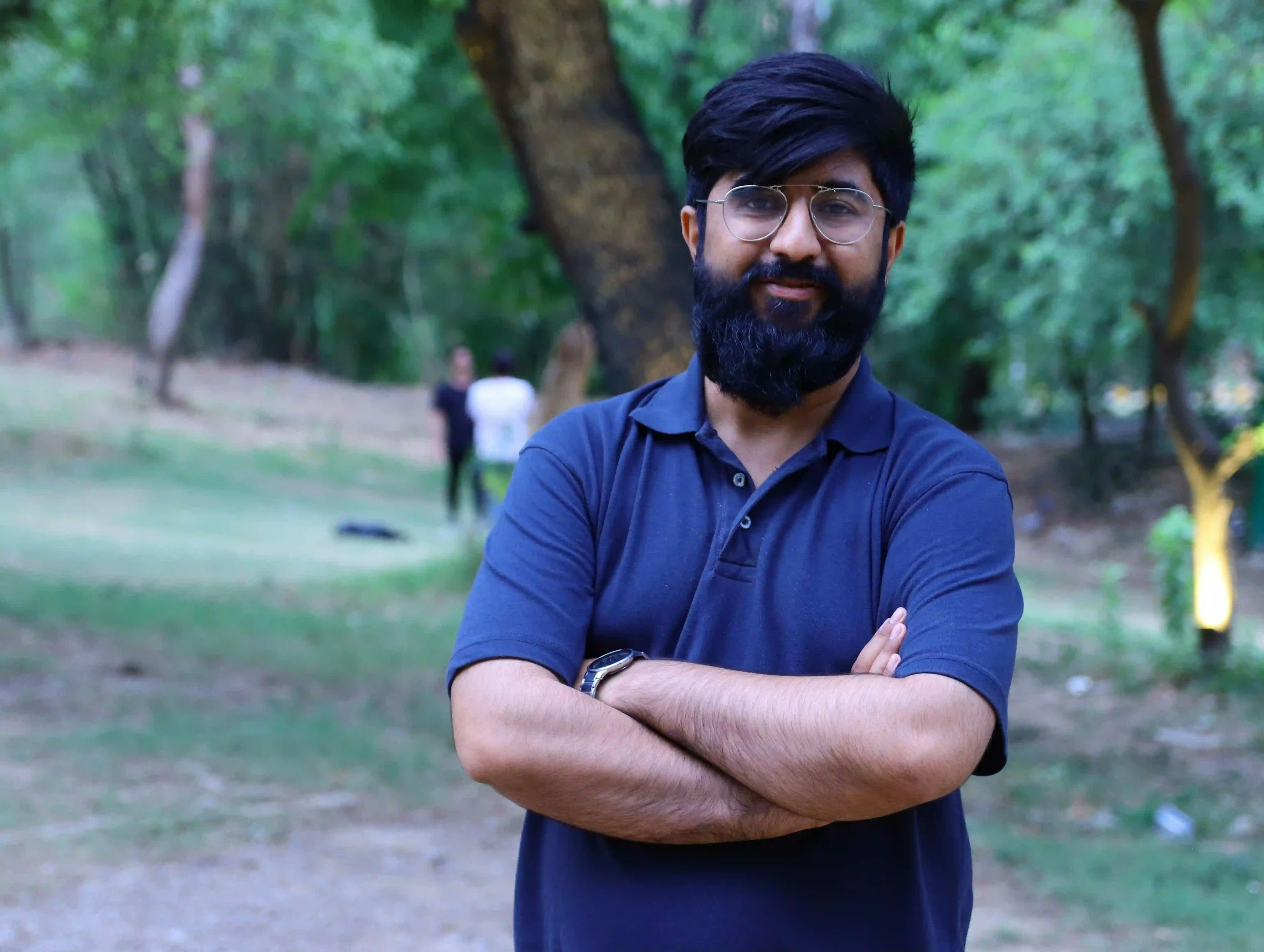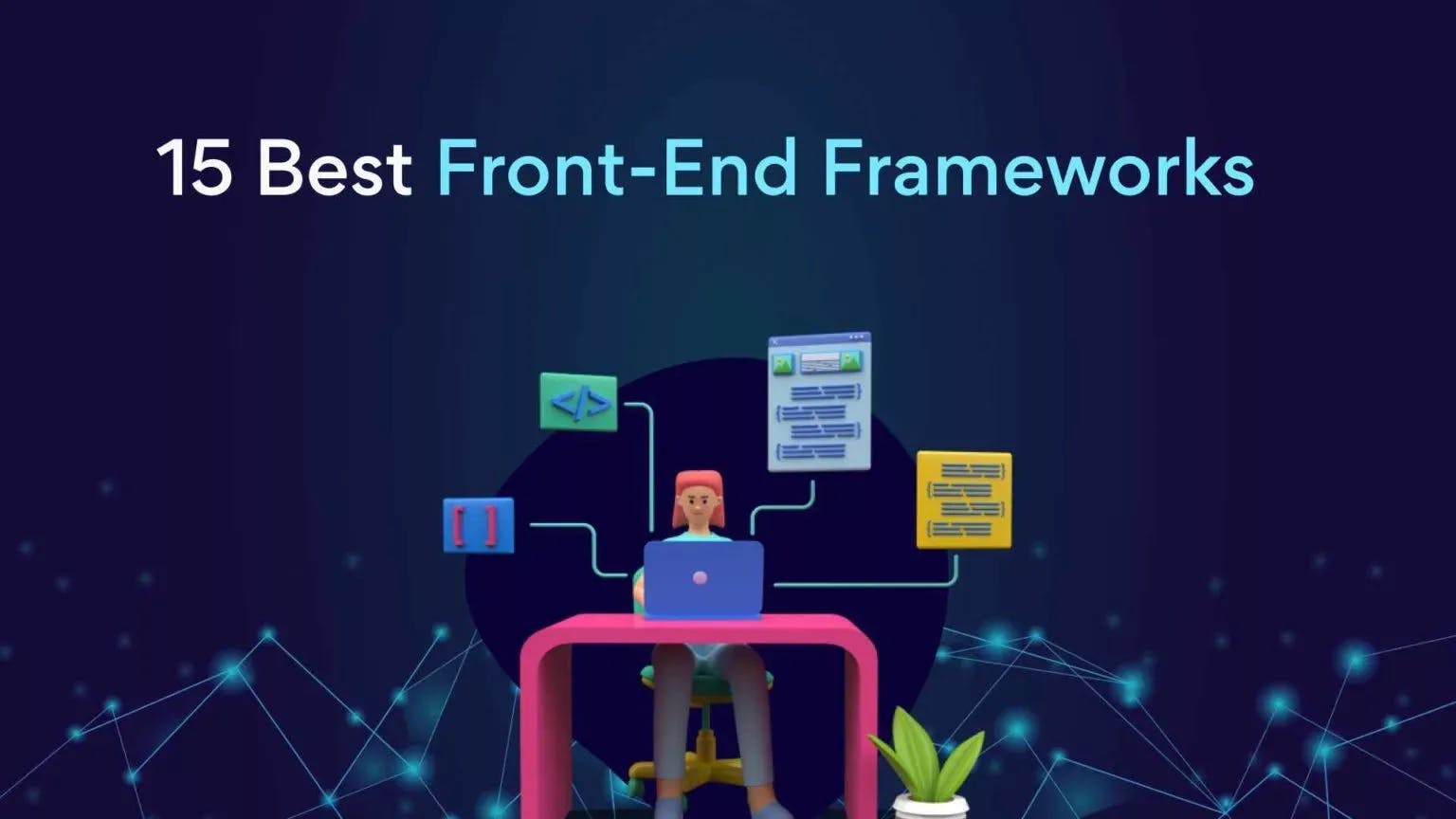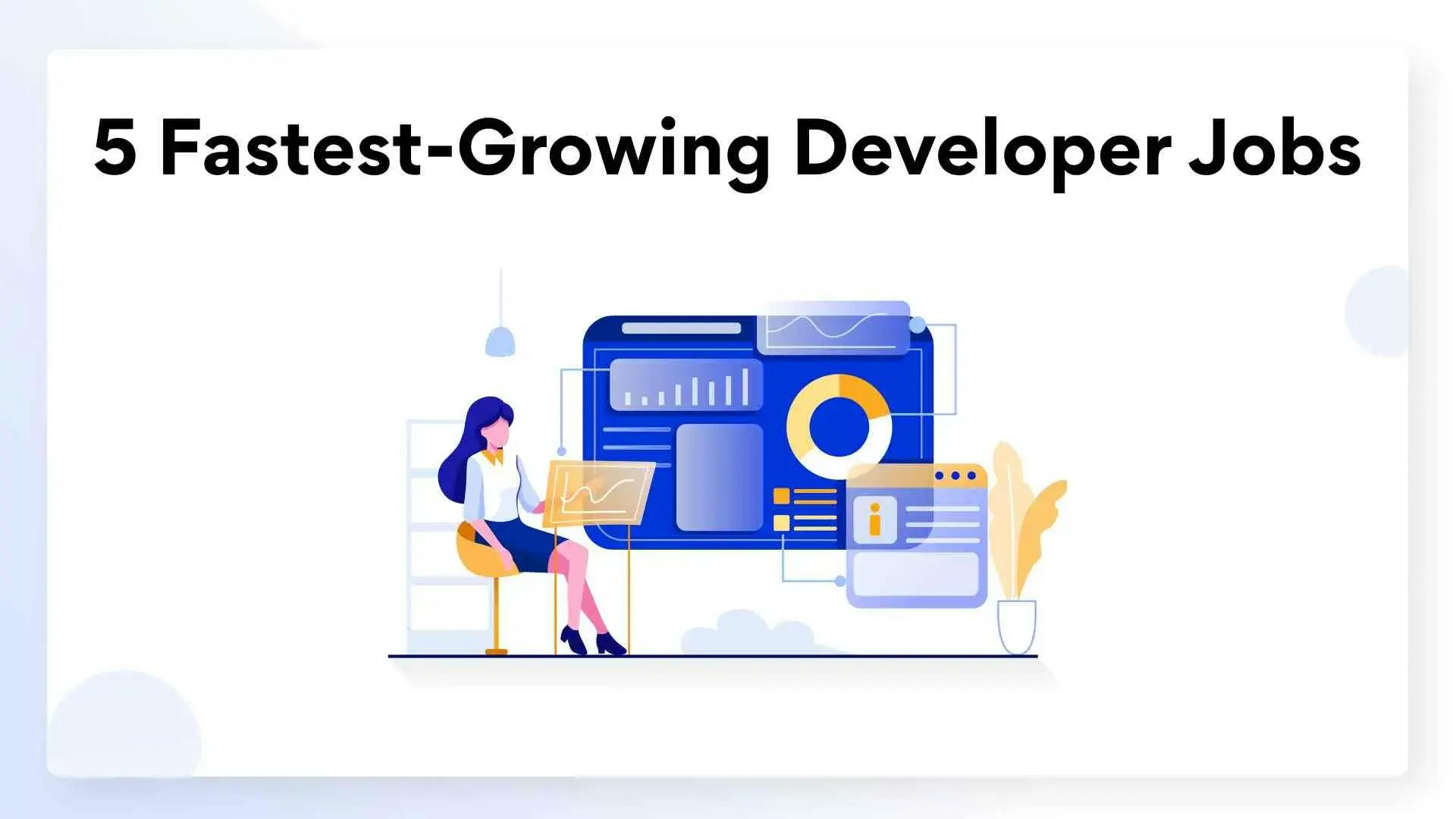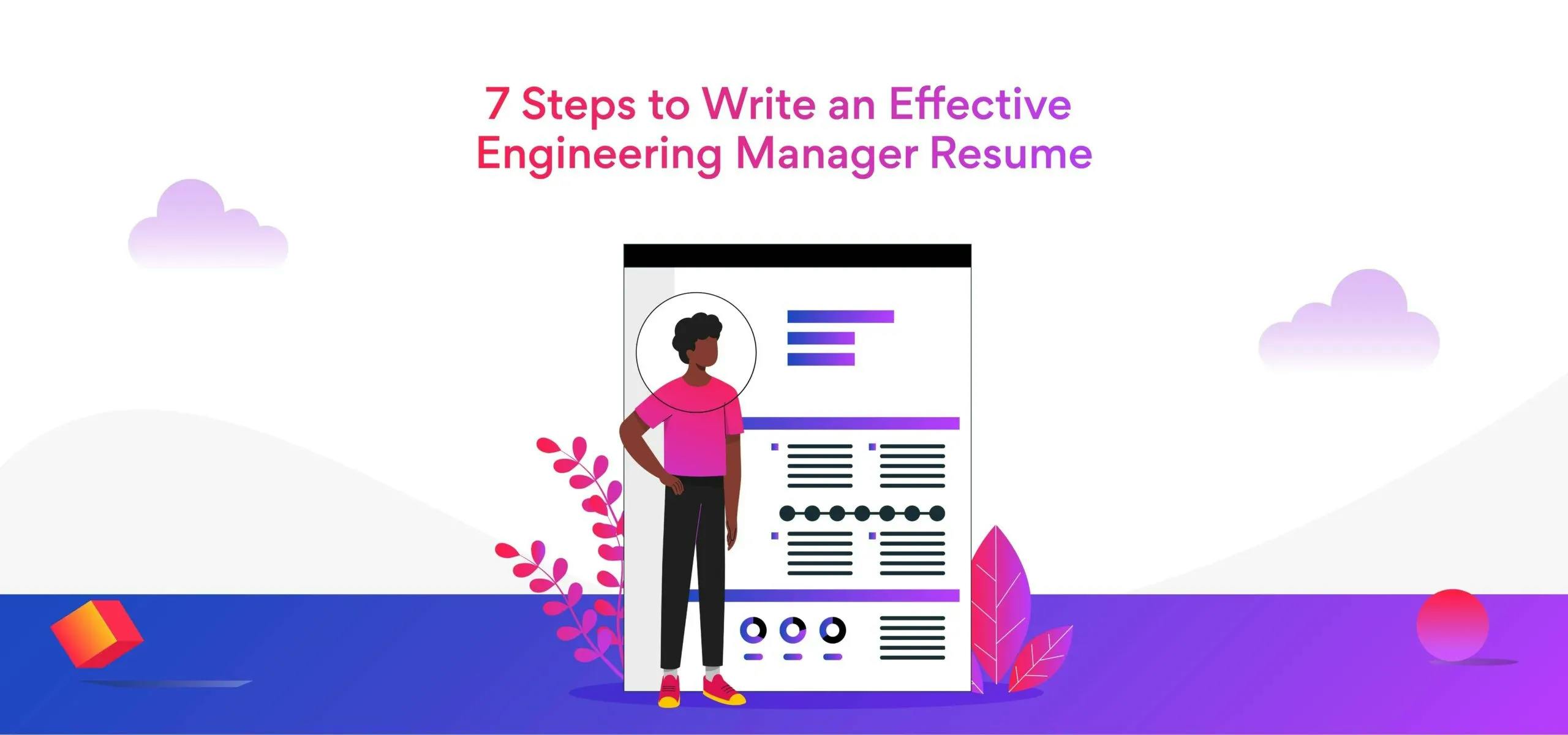Remote Big Data engineer jobs
At Turing, we are looking for Big Data engineers who will work with our U.S based clients. The engineer will be responsible for providing accurate insights that will make business decisions easier for our customers. Get a chance to collaborate with highly skilled professionals and rise quickly through the ranks.
Find remote software jobs with hundreds of Turing clients
Job description
Job responsibilities
- Select and integrate required Big Data tools and frameworks to deliver needed aptitudes
- Assemble, process, and analyze raw data at scale to support different project requirements
- Monitor data performance and revise infrastructure where required
- Maintain the production systems and define data retention methods
- Work closely with internal development and research teams
- Handle technical conversation between internal operations and survey vendors
- Work closely with internal development and research team for web scraping, calling APIs, and writing SQL queries
- Explore new ideas from industry best practices, data modifications, and experience to resolve data mining issues
Minimum requirements
- Bachelor’s/Master’s degree in Computer Science, Computer Engineering, Data Science or equivalent
- 3+ years of demonstrable experience as a data engineer (rare exceptions for super efficient devs)
- Keen perception of distributed computing principles
- In-depth knowledge of data mining, machine learning, and information retrieval
- Expertise in Hadoop, Spark, and similar frameworks
- Knowledge of Lambda architecture, its benefits, and shortcomings
- Expertise in multiple scripting languages, including Java, C++, Linux, PHP, or Python
- Familiarity with various ETL techniques and frameworks
Preferred skills
- Willingness to solve complex data, software, and networking issues
- Work experience in Cloudera, Hortonworks or MapR
- Experience in data integration from various sources
- Familiarity with RDBMS and NoSQL databases
- Experience in data lake handling
- Outstanding troubleshooting and project management skills
Interested in this job?
Apply to Turing today.
Why join Turing?
1Elite US Jobs
2Career Growth
3Developer success support
How to become a Turing developer?
Create your profile
Fill in your basic details - Name, location, skills, salary, & experience.
Take our tests and interviews
Solve questions and appear for technical interview.
Receive job offers
Get matched with the best US and Silicon Valley companies.
Start working on your dream job
Once you join Turing, you’ll never have to apply for another job.
Learn how to create a perfect resume
Turing.com lists out the do’s and don’ts behind a great resume to help you find a top remote Big Data engineer job.

How to become a Big Data engineer?
Data has become a pivotal part of business today. More and more industries are data-driven. To derive meaningful analysis from the data available, businesses need individuals who have a good understanding of IT and Data Science.
Big Data comes in large sets of information which entails a lot of computing power to make sense of it. It's a data type that helps businesses gain real insights which can be applied back to growing their organization in numerous ways like improving security, among other things.
When dealing with Big Data, there's still no better way than to hire an expert in the field to help figure out functional patterns and generalizations. So companies are looking for someone with hands-on experience in dealing with Big Data, in short, an experienced and trained Big Data engineer. Hence, remote Big Data engineer jobs are gaining traction.
What is the scope of Big Data development?
Big Data is important to consumer behavior, economic studies, political campaigns, and also healthcare. The information gathered from everything done online, whether people are driving their cars or browsing the internet, or engaging in-class activities, dictates how large companies operate. It tells us so much about what consumers want during various times of the year, but more importantly, it allows us to predict events before they even occur using advanced analytics.
What are the roles and responsibilities of a Big Data engineer?
Big Data engineers are similar to data analysts. Their duties revolve around research and analytical thinking. They must possess the ability to manipulate and analyze large datasets and communicate their conclusions and findings with both individuals and groups.
Their duties also include communicating the requirements of business initiatives based on analysis of existing processes, as well as assisting in presenting strategic decisions to company stakeholders.
Big Data engineers manage specific aspects of databases such as query analysis, database designs, performance analysis, and related activities such as security measures against unauthorized access, for example.
Big Data engineers carry various responsibilities:
- Design, build, configure and support Hadoop
- Maintain security and data privacy
- Analyze several data stores and uncover insights
- Translate complex functional and technical needs into elaborate designs
- Create high performance and scalable web services to track data
- Propose changes in designs to various processes
- Develop and implement Hadoop
- Understand how to process data parallelly
How to become a Big Data engineer?
Let us now look at the path that one must take in order to pursue a career in Big Data development. To begin, keep in mind that becoming a Big Data engineer does not require any formal education. Whether you're a graduate or a non-graduate, experienced or inexperienced, you can master big-data development and make a career out of it. All you need is hands-on experience and a strong command of relevant technical and non-technical skills.
However, you may have heard that in order to be considered for remote Big Data engineer jobs, you must have a bachelor's or master's degree in computer science or a related field. Having a degree in the technical field gives you an adequate understanding of programming and web development. Also, the firms insist on the degree as it gives growing opportunities and helps boost your career prospects. Also, prepare a Big Data engineer resume that lists your skills and experiences in detail to make a positive first impression on the recruiter or hiring managers.
We have listed some useful skills you need to learn to become a professional Big Data engineer.
Interested in remote Big Data engineer jobs?
Become a Turing developer!
Skills required to become a Big Data engineer
The first step is to begin learning the fundamental skills that will allow you to land high-paying remote Big Data engineer jobs. Let's go over what you need to know!
1. Hadoop
Hadoop is actually quite simple. It's just one of many alternatives that people are turning to when tackling Big Data. Hadoop is an open-source program that often processes complex computations dealing with Big Data by spreading them across multiple machines within a cluster. Map Reduce is the major tool for this purpose, and administering machines within the cluster is another responsibility of Hadoop. Hadoop processes your data into large chunks of batches, sends them over to smaller sub-processes via the network, recombines them on the other end, and then reassembles everything into one understandable output.
2. Spark
Spark differs from Hadoop and the MapReduce paradigm in that it operates in-memory, allowing for faster processing times. Spark also avoids Hadoop's default MapReduce's linear data flow, allowing for more versatile pipeline construction.
3. Flink
Flink is a stream-based dataflow engine, making it a much more agile replacement for the Hadoop MapReduce model. While using resources from both batch processing and real-time streaming to produce results, Flink treats its main processing as data streams. Because Flink focuses on real-time streaming and batch processing, there is no distinction between the stream and batch programs because they are both treated as streams. Flink offers various streaming APIs for Java, Scala, Python, and more. It also gives high performance and has low latency.
4. Samza
Apache Samza is yet another framework for distributed stream processing. Samza is based on Apache Kafka for messaging and YARN for resource management in clusters. Samza is durable, scalable, and pluggable. It is simple as well. Samza offers a simple callback-based "process message" API when compared to MapReduce. Samza uses Kafka to make sure that messages are processed in the same order they were written to a partition and that no messages are lost.
5. Storm
Apache Storm is a distributed real-time computation system with applications written in the form of directed acyclic graphs. Apache Storm is designed to process unbounded streams quickly and easily, and it can be used with any programming language. It is highly scalable and has been benchmarked to process over one million tuples per second per node. Storm is useful for real-time analytics, distributed machine learning, and a variety of other applications.
6. SQL
To become a Big Data engineer, an understanding of SQL is a must as it works as a base. This data-centered language plays a crucial role when you work with Big Data technologies such as NoSQL.
7. Data Mining
Data mining is the method for finding interesting patterns as well as descriptive and understandable models in large data sets. The extraction of useful information from a seemingly massive amount of data is referred to as "data mining." Data mining can be used to discover patterns or correlations among dozens of fields in a large relational database. In general, the goal of data mining is classification or prediction.
Interested in remote Big Data engineer jobs?
Become a Turing developer!
How to get remote Big Data engineer jobs?
Engineers are a lot like athletes. In order to excel at their craft, they have to practice effectively and consistently. They also need to work hard enough that their skills grow gradually over time. In that regard, there are two major factors that engineers must focus on in order for that progress to happen: the support of someone who is more experienced and effective in practice techniques while you're practicing. As an engineer, it's vital for you to know how much to practice - so make sure there is someone on hand who will help you out and keep an eye out for any signs of burnout!
Turing offers the best remote Big Data engineer jobs that suit your career growth as a Big Data engineer. Grow rapidly by working on challenging technical and business problems on the latest technologies. Join a network of the world's best engineers & get full-time, long-term remote Big Data engineer jobs with better compensation and career growth.
Why become a Big Data engineer at Turing?
Elite US jobs
Long-term opportunities to work for amazing, mission-driven US companies with great compensation.
Career growth
Work on challenging technical and business problems using cutting-edge technology to accelerate your career growth.
Exclusive developer community
Join a worldwide community of elite software developers.
Once you join Turing, you’ll never have to apply for another job.
Turing's commitments are long-term and full-time. As one project draws to a close, our team gets to work identifying the next one for you in a matter of weeks.
Work from the comfort of your home
Turing allows you to work according to your convenience. We have flexible working hours and you can work for top US firms from the comfort of your home.
Great compensation
Working with top US corporations, Turing engineers make more than the standard market pay in most nations.
How much does Turing pay their Big Data engineer?
At Turing, every Big Data engineer is allowed to set their rate. However, Turing will recommend a salary at which we know we can find a fruitful and long-term opportunity for you. Our recommendations are based on our assessment of market conditions and the demand that we see from our customers.
Frequently Asked Questions
Latest posts from Turing
Leadership
Equal Opportunity Policy
Explore remote developer jobs
Based on your skills
- React/Node
- React.js
- Node.js
- AWS
- JavaScript
- Python
- Python/React
- Typescript
- Java
- PostgreSQL
- React Native
- PHP
- PHP/Laravel
- Golang
- Ruby on Rails
- Angular
- Android
- iOS
- AI/ML
- Angular/Node
- Laravel
- MySQL
- ASP .NET
Based on your role
- Full-stack
- Back-end
- Front-end
- DevOps
- Mobile
- Data Engineer
- Business Analyst
- Data Scientist
- ML Scientist
- ML Engineer
Based on your career trajectory
- Software Engineer
- Software Developer
- Senior Engineer
- Software Architect
- Senior Architect
- Tech Lead Manager
- VP of Software Engineering









